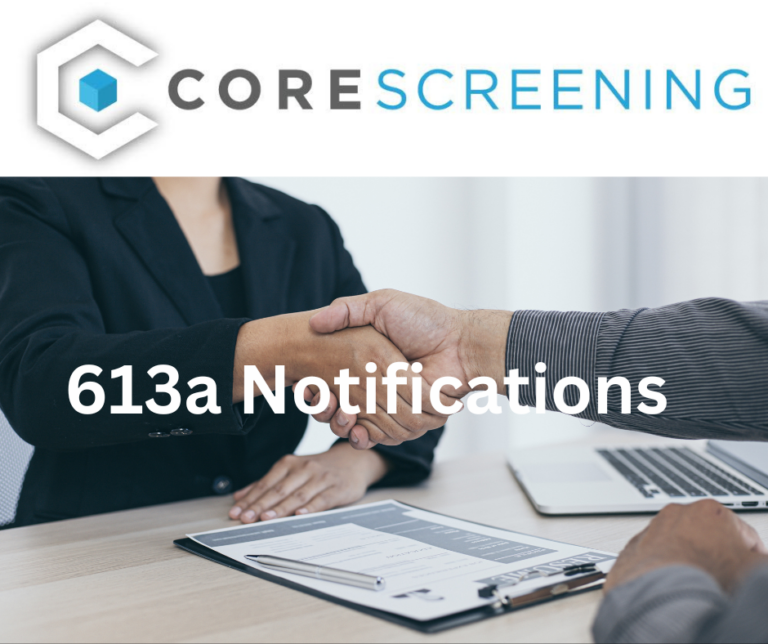Employment background checks are crucial to the hiring process. Without conducting a thorough background verification, managers run the risk of selecting the wrong candidate for the job. They may base their decision on an incomplete view of the candidate’s capabilities, personality, motivation, and ability to handle the required level of responsibility. Background checks do more than flag potentially disqualifying factors. They also show a candidate’s positive attributes and verify their suitability, so you know you made the right decision from his or her first day on the job.
Who is, “Don Draper”?
If you’ve watched AMC’s Madmen, you know that advertising exec Don Draper isn’t Don Draper at all. He stole Don Draper’s identity and presented a false background to his employer. While this might make for entertaining T.V. drama, hiring a person with a made-up background is the last thing a hiring manager wants to do. Most likely, the person isn’t really qualified for the position, otherwise he or she would have no need to make up background information.
The first thing to expect from a background check is verification that Don Draper really is the Don Draper he purports to be. If an applicant with a phony background sounds far-fetched, it’s because the background-check industry has developed sophisticated screening capabilities that expose these kinds of schemes, which acts as a deterrent. When employers run background checks, people with something to hide stay away.
In the days before modern background checks, there were lots of “Don Drapers” out there. Nowadays, background checks make assuming a name too difficult; however, candidates will provide other, less obviously false information and often build a false impression during the interview process.
Educational and employment history: is it real?
During the interview, you assume what’s presented on the resume and what the candidate tells you about their university attendance and previous jobs are accurate. That’s the right approach. You want to remain positive. There is no need to play detective. The background check will verify the applicant’s claims, as seen from the thoroughness of Core Screening’s background checks. This thoroughness leaves you free to follow the best course of action when conducting interviews: trust but verify.
Major misrepresentations and major omissions
Most people expect misrepresentations to be revealed in a background check, but managers often forget that important omissions come to light as well. Omitted criminal records are important to consider by following company and legal guidelines, as explained by the EEOC. Also, misrepresentations of educational achievement, from claiming unearned degrees and awards to inflating GPAs, are common schemes revealed on background checks. Some candidates also claim false job titles, employment dates, or pay rates, which background checks also detect. Some candidates omit jobs or demotions. You can expect those types of omissions to be detected through background and reference checking.
White lies…
Particularly on reference checks, white lies may come to light, such as a candidate presenting their contributions to a project as more important than they really were. Some discrepancies could result from differences of opinion and perspective, so some minor contradictions may be okay. They may merely indicate the candidate is highly motivated and confident, but be on the lookout for any blatant dishonesty, as explained in Forbes Magazine.
When you hire an applicant, you need to ensure they are who they purport to be. This includes in name as well as qualifications and personality. A thorough background check provides the information you need to verify you are getting the employee you bargained for.




